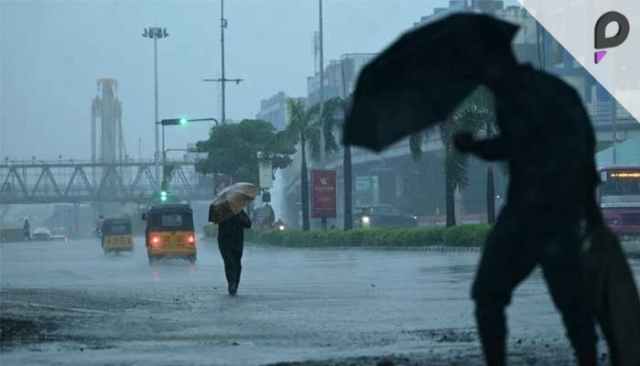BENGALURU: A powerful cyclone recently struck the southern coastline of India, causing widespread disruptions and posing significant challenges for the affected regions. The storm brought with it heavy rainfall, strong winds, and flooding, leaving communities scrambling to manage the impact.
Severe Weather Conditions and Coastal Damage
The cyclone, categorized as a severe tropical storm, made landfall with wind speeds exceeding 120 kilometers per hour. Coastal areas bore the brunt of the storm, with high tides and storm surges inundating low-lying regions. Fishing villages, ports, and beaches faced significant damage, with many homes and boats destroyed. Authorities reported power outages in several districts as strong winds downed trees and electricity poles.
Evacuations and Emergency Response
In anticipation of the cyclone, local governments worked diligently to evacuate vulnerable populations. Thousands of people were moved to temporary shelters set up in schools, community halls, and government buildings. Emergency services, including the National Disaster Response Force (NDRF), were deployed to provide immediate assistance. Rescue teams focused on clearing blocked roads, restoring communication lines, and distributing relief supplies to affected families.
Impact on Agriculture and Livelihoods
The cyclone also caused extensive damage to agriculture, a primary source of income for many in the region. Fields of paddy, sugarcane, and other crops were submerged, resulting in heavy losses for farmers. The fishing community faced similar hardships, as their boats and nets were destroyed or swept away by the storm.
Steps Towards Recovery
As the storm weakens and moves inland, authorities have begun assessing the full extent of the damage. Relief measures, including compensation for affected families and financial aid for farmers and fishermen, are being prioritized. The government has also pledged to strengthen disaster management systems to mitigate the impact of future cyclones.
This event underscores the need for resilient infrastructure and proactive planning to safeguard lives and livelihoods in cyclone-prone regions.











